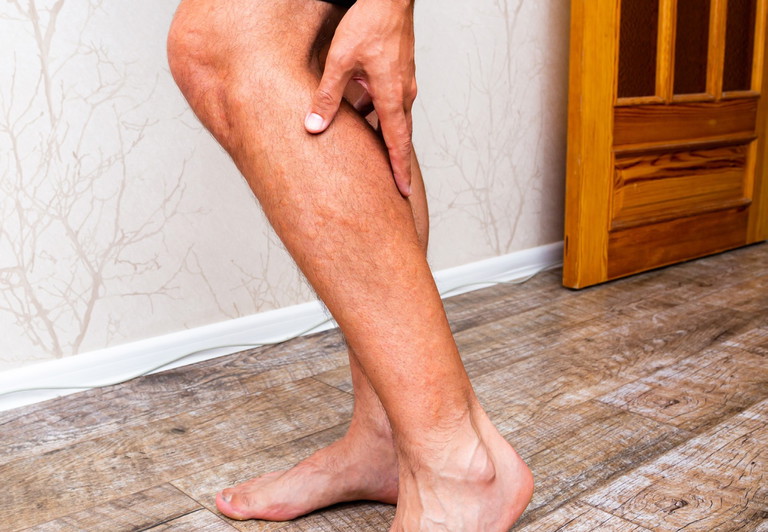Approvals
MHRA grants marketing authorisation to ANDEMBRY for hereditary angioedema
The Medicines and Healthcare products Regulatory Agency (MHRA) has granted marketing authorisation to ANDEMBRY (garadacimab) by CSL for the prevention of recurrent attacks of hereditary angioedema (HAE) in adult and adolescent patients over the age of 12.
ANDEMBRY is currently the first treatment for the prevention of recurrent attacks in patients with HAE. It can be administered once-monthly via a pre-filled syringe, designed to be taken subcutaneously. The decision from the MHRA is based on the results of a clinical trial titled VANGUARD, a controlled phase 3 trial that evaluated the efficiency of garadacimab. The primary endpoint was met, with a reduction in the rates of HAE attacks from 20.1 attacks per month to a mean of 0.27 per month. This was measured after six months of treatment, where a total of 129 adverse events occurred across the garadacimab group (75) and the placebo group (54). One severe adverse event resulted in overnight hospitalisation, which the investigator declared as unrelated to the study.

Bill Mezzanotte MD, executive vice president and head of R&D at CSL, said: “ANDEMBRY is a new treatment option for the management of hereditary angioedema for eligible patients living with this life-threatening condition. CSL has a long-standing and patient-focused approach to developing innovative medicines in areas of unmet need. Garadacimab is the first monoclonal antibody discovered and developed entirely by CSL. Thank you to all the colleagues, physicians and patients who contributed to this milestone for HAE patients and CSL.”
HAE is a rare disease, currently with no cure. It is caused by a protein in the blood that helps to control inflammation. HAE patients suffer from unpredictable angioedema attacks, which result in painful swelling in the body, in particular, the larynx, face and extremities.
It occurs in approximately one in 50,000 people in the UK.
“Garadacimab represents an important alternative treatment option potentially capable of improving the daily lives of eligible patients by offering effective disease control,” commented Dr Anthony Dorr, a consultant clinical immunologist who works with HAE patients in London.